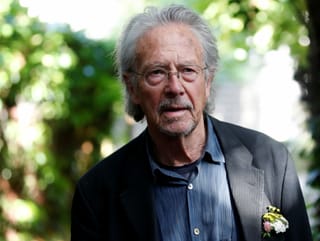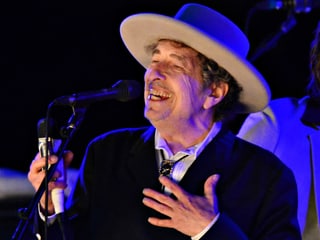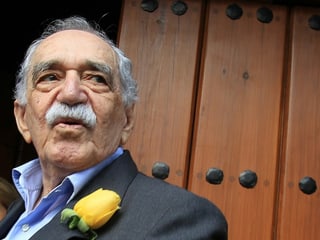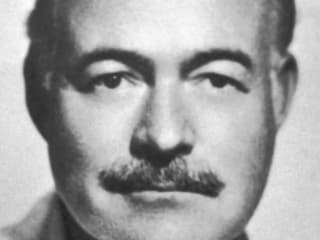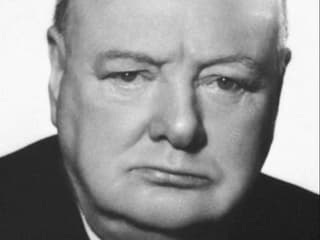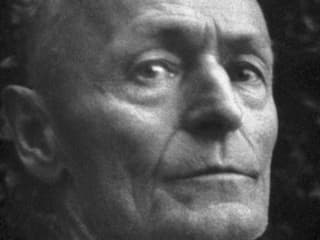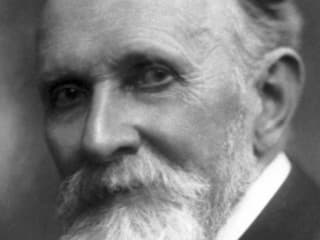Contents
This year’s Nobel Prize in Literature goes to Jon Fosse – a long-time contender for the prize. The Norwegian writes quiet, deeply sad plays and novels. He puts the desolation of life into words.
Jon Fosse was sitting in the car when he received the call from Mats Malm. Malm is the spokesman for the Swedish Academy – and he is used to his calls being initially taken for a joke. In any case, Jon Fosse couldn’t believe it: he will receive the Nobel Prize for Literature in 2023.
Fosse is the fourth Norwegian to receive this honor. And now he knows that Malm’s call was no joke: “I’m overwhelmed,” Fosse told the Swedish newspaper Svenska Dagbladet. He was “very, very happy”. At the same time, he was also afraid of all the attention that the Nobel Prize would bring.
Shy of the public
It’s not surprising that Jon Fosse isn’t really happy about the wave of attention that has now rolled in. Fosse largely withdrew from the public eye years ago: in 2012 he suffered a breakdown and alcohol poisoning. In addition to the public, he has since avoided alcohol.
Jon Fosse was born in 1959. He grew up on the southern Norwegian coast, on the Hardangerfjord. The harsh melancholy of this landscape still shapes his stories today, the waves of the sea the rhythm of his language.
Near-death experience as a child
At the age of seven, Fosse had an accident that almost killed him. This experience led him to write. He once said in an interview that he started writing because he felt alienated from his fellow human beings. He wanted to bridge the distance by writing.
Fosse initially wrote poetry and prose. He made his debut in 1983 with the novel “Raudt, svat” (“Red, Black”), a dark book. It’s about a teenager who wants to escape his narrow-minded parents and tries to take his own life.
Dark lyrics and themes
From the mid-1990s onwards, Jon Fosse primarily wrote plays. Some of them were also performed at the Schauspielhaus Zurich. Fosse’s dramatic work made him famous.
He had long been considered a candidate for the Nobel Prize. So now he got it. Mats Malm from the Swedish Academy justified the choice by saying that Fosse gave the “unsayable a voice”.
Fosse’s pieces are often oppressive chamber plays. It shows characters with failed life plans. These characters usually don’t say much. And that is exactly what Fosse’s great art consists of: he shows the tragedy of human existence with the words that not be said. His characters can neither go forward nor back. You are trapped in loneliness.
Feeling of complete loss
Since his alcohol poisoning, Jon Fosse has stopped writing plays. Today he focuses on novels and is working on the continuation of a heptalogy, i.e. a seven-part novel cycle.
Selection of Nobel Prize winners for literature
As in the plays, Fosse also works in prose with reduced language and many repetitions of words or sentences. This, too, is about the inability to say the right thing, yes, the actually important thing. About the feeling of complete loss that Fosse himself knows.
“You can only talk about the most essential things in life in art,” Fosse once said in an interview. His art has now led Fosse to the world’s most important literary prize.
With material from the agencies

